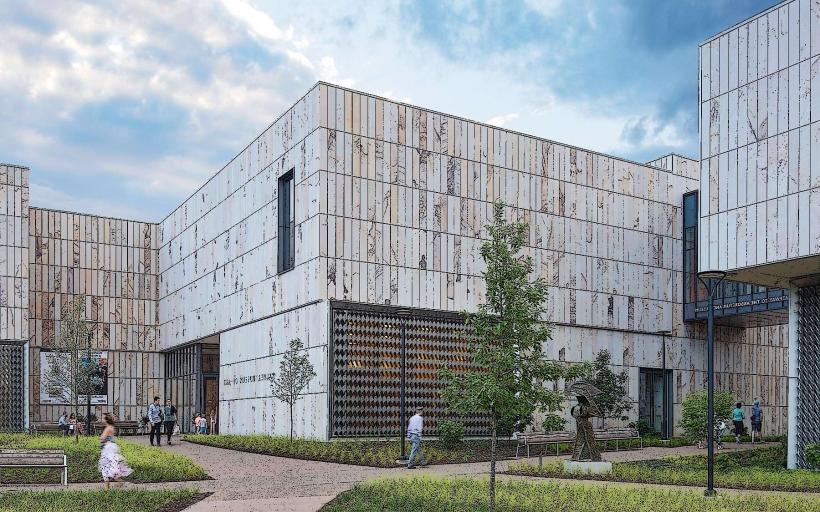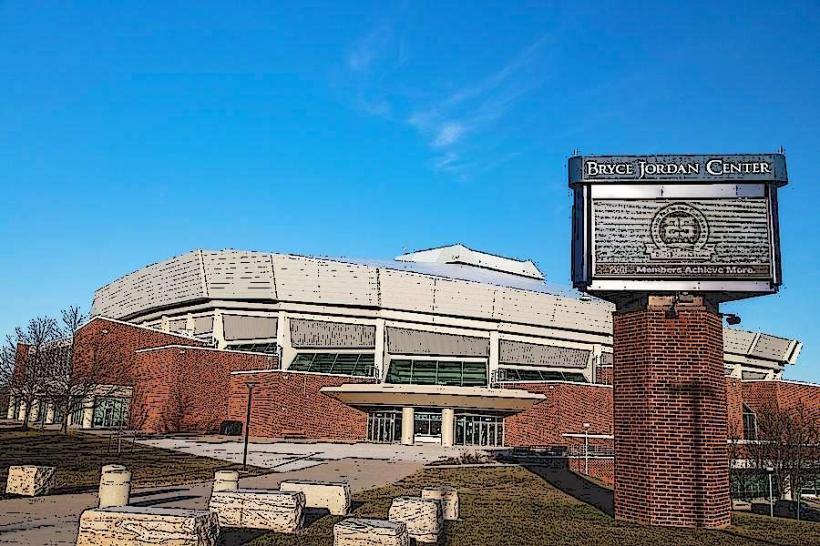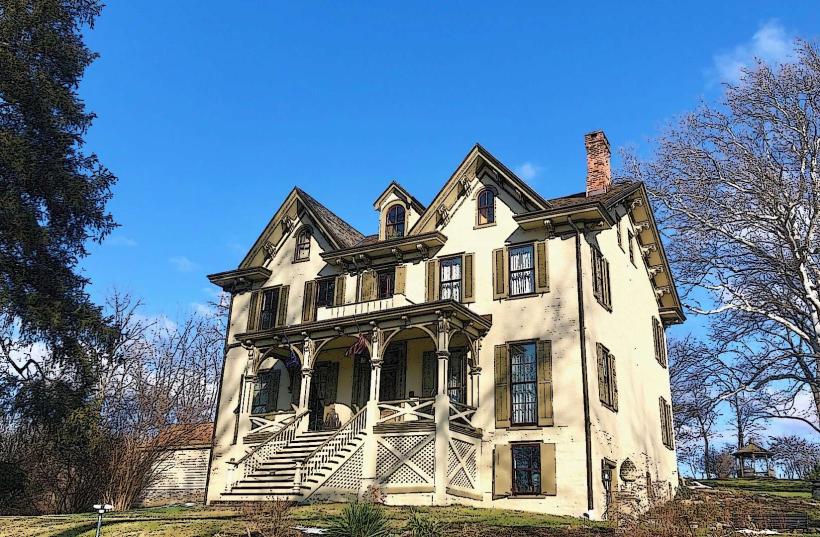Information
Landmark: Penn State All-Sports MuseumCity: State College
Country: USA Pennsylvania
Continent: North America
Penn State All-Sports Museum, State College, USA Pennsylvania, North America
The Penn State All-Sports Museum is a facility dedicated to the athletic history of Pennsylvania State University, located on the university campus in State College, Pennsylvania.
Visual Characteristics
The museum occupies the ground floor of the Beaver Stadium press box. Its exterior is integrated with the stadium's brick and concrete structure. Interior exhibits feature display cases, interactive screens, and wall-mounted memorabilia.
Location & Access Logistics
The museum is situated at the south end of Beaver Stadium, University Park, PA 16802. It is accessible via Curtin Road. Parking is available in the Stadium West Lot, accessible from University Drive. Public transport options include the CATA (Centre Area Transportation Authority) campus bus routes that service the stadium area.
Historical & Ecological Origin
The museum was established in 1997 to preserve and showcase the rich athletic heritage of Penn State. It is a man-made structure, part of the larger Beaver Stadium complex.
Key Highlights & Activities
Visitors can view displays covering all 31 NCAA Division I sports sponsored by Penn State. Exhibits include trophies, uniforms, equipment, and multimedia presentations detailing significant moments and athletes in Penn State sports history. Interactive kiosks allow for exploration of historical data.
Infrastructure & Amenities
Restrooms are available within the museum. Limited seating is provided within exhibit areas. Cell phone signal (4G/5G) is generally strong within the museum. No food vendors are located directly within the museum; concessions are available at Beaver Stadium during events.
Best Time to Visit
The museum is best visited during non-event days at Beaver Stadium to ensure easier access and parking. Operating hours are typically Monday through Friday, 10:00 AM to 4:00 PM, and Saturday, 10:00 AM to 2:00 PM, with closures on university holidays. Check the official museum website for current hours.
Facts & Legends
The museum houses the Nittany Lion mascot costume worn by the longest-serving student in the role. A unique artifact is the actual goalpost from the 1994 Rose Bowl victory.
Nearby Landmarks
- Beaver Stadium (0.1km North)
- Pegula Ice Arena (0.8km West)
- Jordan Center (0.9km West)
- Old Main (1.5km Southeast)
- Palmer Museum of Art (1.8km Southeast)










